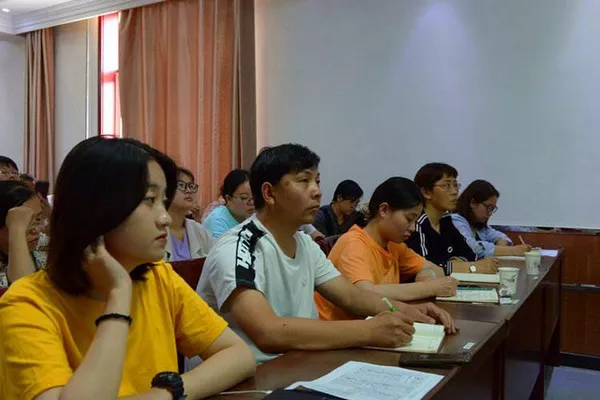A recent study published in Pediatric Research reveals that parental screen use significantly influences how much time adolescents spend on screens and whether that use becomes problematic. Analyzing data from over 10,000 U.S. teenagers, researchers found that increased parental screen time correlates with higher instances of problematic screen behavior in teens, such as inability to reduce screen use or interference with schoolwork.
The conversation surrounding social media and mental health has gained traction, especially after U.S. Surgeon General Dr. Vivek Murthy highlighted a growing epidemic of loneliness and isolation. In an interview, he noted that modern life has reduced face-to-face interactions, with social media sometimes taking precedence over in-person connections.
Loneliness can lead to anxiety, depression, and sleep disturbances, particularly among adolescents who often encounter unrealistic portrayals of their peers online. The study emphasizes the importance of parents modeling healthy screen habits, as children are likely to mirror their behaviors.
Dr. Murthy points out that loneliness affects about half of U.S. adults, with even higher rates among youth. Parents can mitigate these effects by limiting their own screen time and prioritizing in-person interactions, especially during family meals or before bed.
Open communication about digital content and monitoring for signs of mental health struggles, such as changes in mood or academic performance, are crucial. By fostering a supportive environment, parents can play a vital role in combating the epidemic of loneliness affecting both themselves and their children.
Related Topics:





























